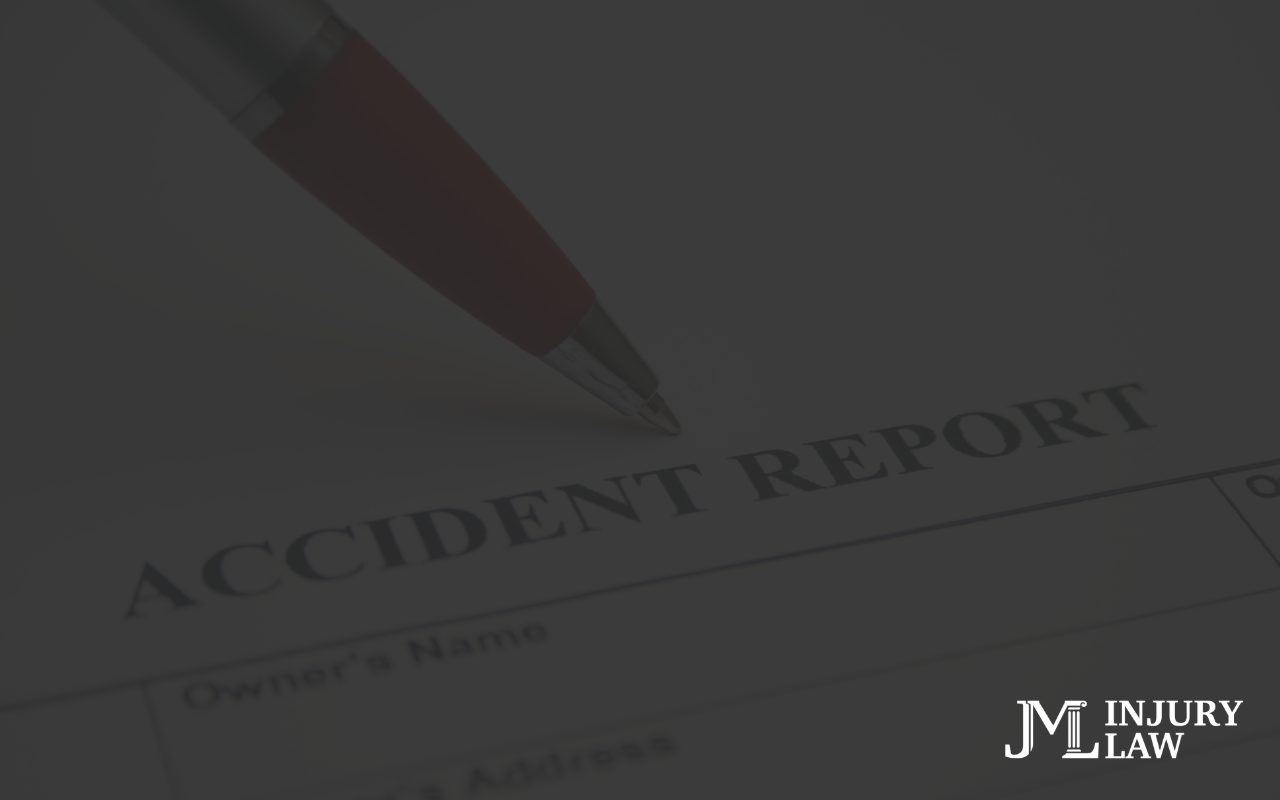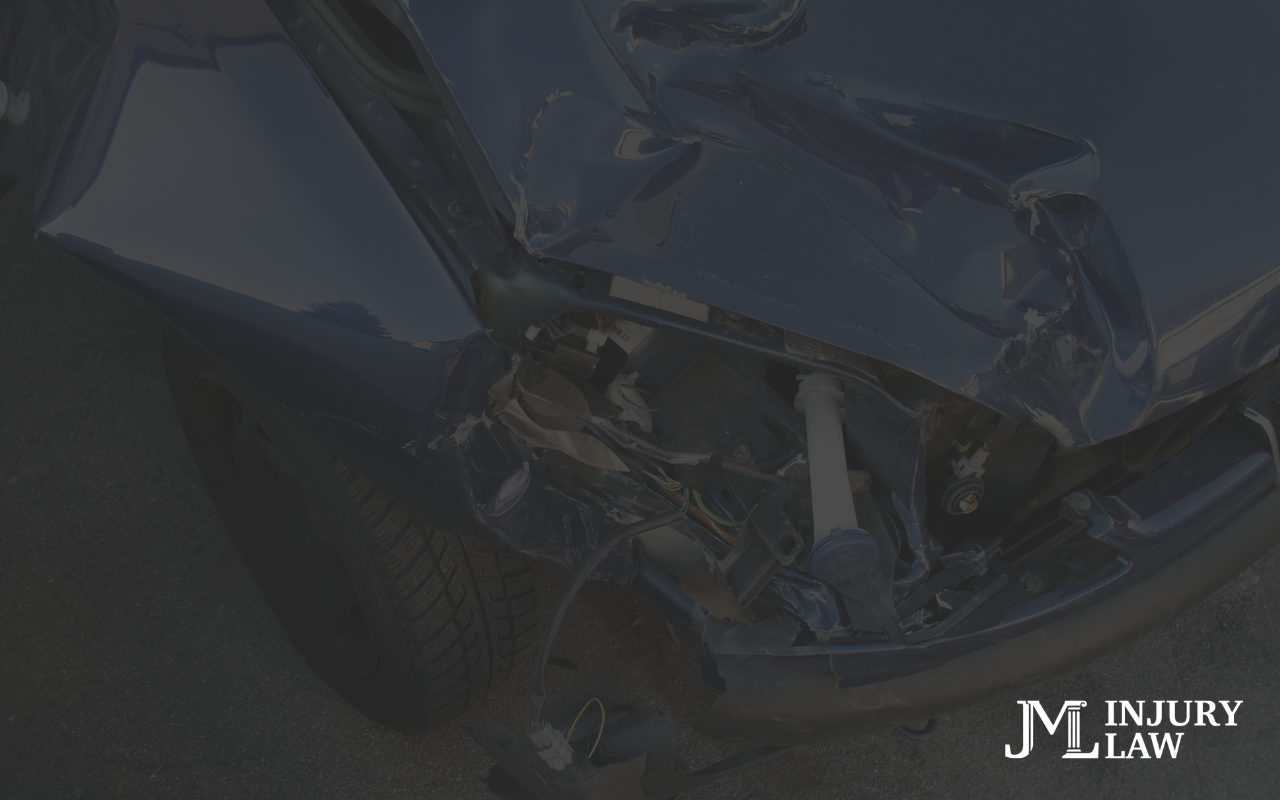Understanding how to read a police accident report and the laws surrounding it is crucial for your accident claim. Many insurance companies require a police report before you can even file a claim. It’s also essential to get the police officer’s account of the accident, especially if you’ve suffered injuries or property damage.
In Texas, you can obtain your police report from the Texas Department of Transportation. However, it can take anywhere from a few days to a few weeks to receive your report. If you encounter any difficulties, hiring our experienced Texas car accident attorney can be a beneficial first step to expedite the process.
A police report includes the date, time, and location of the collision, specifying whether it occurred on a street, highway, parking lot, construction zone, school zone, or another area.
Additionally, the report will note if there was a fatality and whether a school bus or commercial vehicle was involved. If an 18-wheeler or other commercial vehicle was part of the accident, the report will include details such as the vehicle’s size, weight, cargo, and owner.
When Are Accident Reports Required in Texas?
Imagine you’re in a minor accident. Your car sustains a few dents and scratches, but thankfully, no one is injured, and the repair costs are manageable. You decide against calling the police, or perhaps they are unable to respond. Should you still report the accident?
Each state has specific guidelines for reporting auto accidents. In Texas, you must report an accident to the Department of Motor Vehicles (DMV) if it results in injury, death, or property damage exceeding $1,000.
If an accident causes injury or death, you must report it immediately. For accidents resulting in property damage, you have up to 10 days to inform the DMV.
Returning to the initial scenario: should you report the accident? Legally, you are not required to. Your decision should consider the repair costs and the potential impact on your future insurance premiums.
If anyone involved sustains an injury, no matter how minor, you should call the police. They will complete a Texas Peace Officer’s Crash Report (Form CR-3). Note that any police report generated is automatically filed with the DMV.
Why Do I Need a Police Report After a Car Accident?
Proving fault in a car accident case is crucial for a successful outcome, but this can be challenging if the other driver denies responsibility. This is where a police report becomes invaluable.
Police reports often serve as essential evidence, significantly influencing the success of your case. These reports typically include critical information such as the parties involved, the time and location of the accident, and witness statements collected by the police.
Additionally, the report may indicate if the other driver received a ticket. If they violated a traffic law leading up to the crash, it provides compelling evidence in your favor. This information can help you build a strong case and hold the at-fault driver accountable for the damages they caused.
Details Included in a Texas Accident Report
Vehicle Information
A Texas accident report should provide comprehensive vehicle details, such as:
- License plate number and issuing state
- Vehicle Identification Number (VIN)
- Vehicle color, year, make, model, and body style
- Estimated damage to the vehicle
- Towing information, including who towed the vehicle and its destination
Driver Information
Driver details in an accident report should encompass:
- Name, address, and phone number of each driver
- Driver’s license information, including type (commercial or private), license number, and issuing state
- Driver’s occupation and ethnic background
- Proof of financial responsibility (car insurance)
The report should also indicate if a sobriety test was administered, the type of specimen collected, and the test results. If any charges were filed, this information should be noted as well.
Passengers and Bystanders
In addition to the name and badge number of the responding officer, accident reports should include information about passengers and bystanders. Passenger details should cover:
- Use and type of safety restraints
- Seating position
- Whether the passenger was ejected from the vehicle
- Severity of injuries
For any injuries to drivers, passengers, or bystanders, the report should specify where the victims were taken for treatment.
Police Officer Opinions Can Influence A Car Accident Report
It’s crucial to recognize that police officers are seldom eyewitnesses to the accidents they investigate. Instead, their conclusions in the accident report are derived from the evidence present at the scene. This evidence may include witness statements, vehicle damage, and skid marks on the road.
Their report will provide a written account of how they believe the accident occurred, addressing factors such as speed, right of way, and potential distractions like cell phones. Occasionally, an officer might include a simple diagram to visually represent their interpretation. This illustration, like their written assessment, is not a definitive account of the incident but rather their best understanding based on the available information.
Frequently Asked Questions
What Can I Do If the Accident Report Is Wrong?
Errors in an accident report can have significant repercussions. A proficient car accident attorney at JML Injury Law can assist in identifying and correcting these mistakes.
For example, the report might contain an inaccurate depiction of the accident or incorrectly assign fault. Additionally, errors in how your injuries are documented could directly affect the compensation you receive from the insurance company.
These details are critical and should not be overlooked. Insurance companies will exploit any errors in the police report to your disadvantage. An experienced attorney can review the report, identify any inaccuracies, and help ensure you receive the fair compensation you deserve.
How Much Does a Texas Car Accident Report Cost?
To access your accident report, a small fee is required, with several options available. A standard report copy costs $6, while affidavit and subpoena requests, along with certified copies, are priced at $8 each. Which option should you choose? If you need an official document for a legal proceeding, such as a personal injury claim, then a certified copy is necessary.
What Information Do You Need to Provide to Get Your Texas Police Accident Report?
To obtain your report from the TxDOT online portal, you’ll need to provide specific information to help the system identify your crash. Without this information, you won’t be able to make a purchase. You can choose from one of the following identifiers:
- The legal name of a driver involved in the accident.
- The driver’s license or ID number of a driver involved (an 8-digit number found on the front of the card, at the top).
- The Vehicle Identification Number (VIN) of a vehicle involved in the accident. This 17-digit number is usually located on the front dashboard or door pillar on the driver’s side, as well as on your vehicle’s registration and insurance documents.
- The eight-digit Texas Department of Transportation Crash ID assigned after the accident, which the investigating officer provides after submitting their report. This number can be obtained from the law enforcement agency that investigated your crash.
Please note that it can take up to 14 days for your crash report to appear in the search results. So, if it has only been a few days or a week since your accident, don’t be alarmed if you can’t find your report yet.







